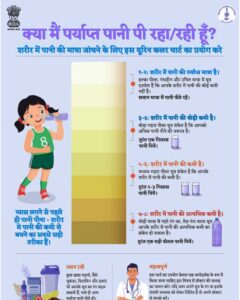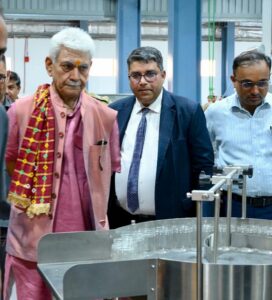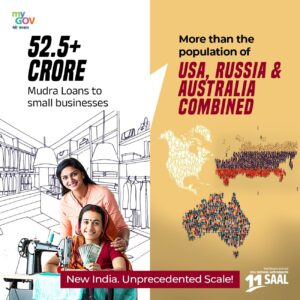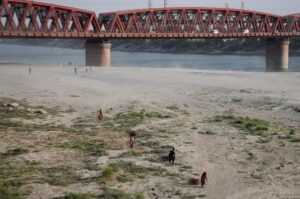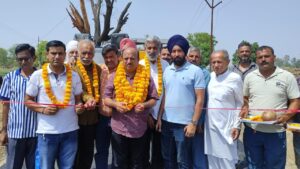Veteran Actor-Director Manoj Kumar, Known as ‘Bharat Kumar’ Passes Away at 87
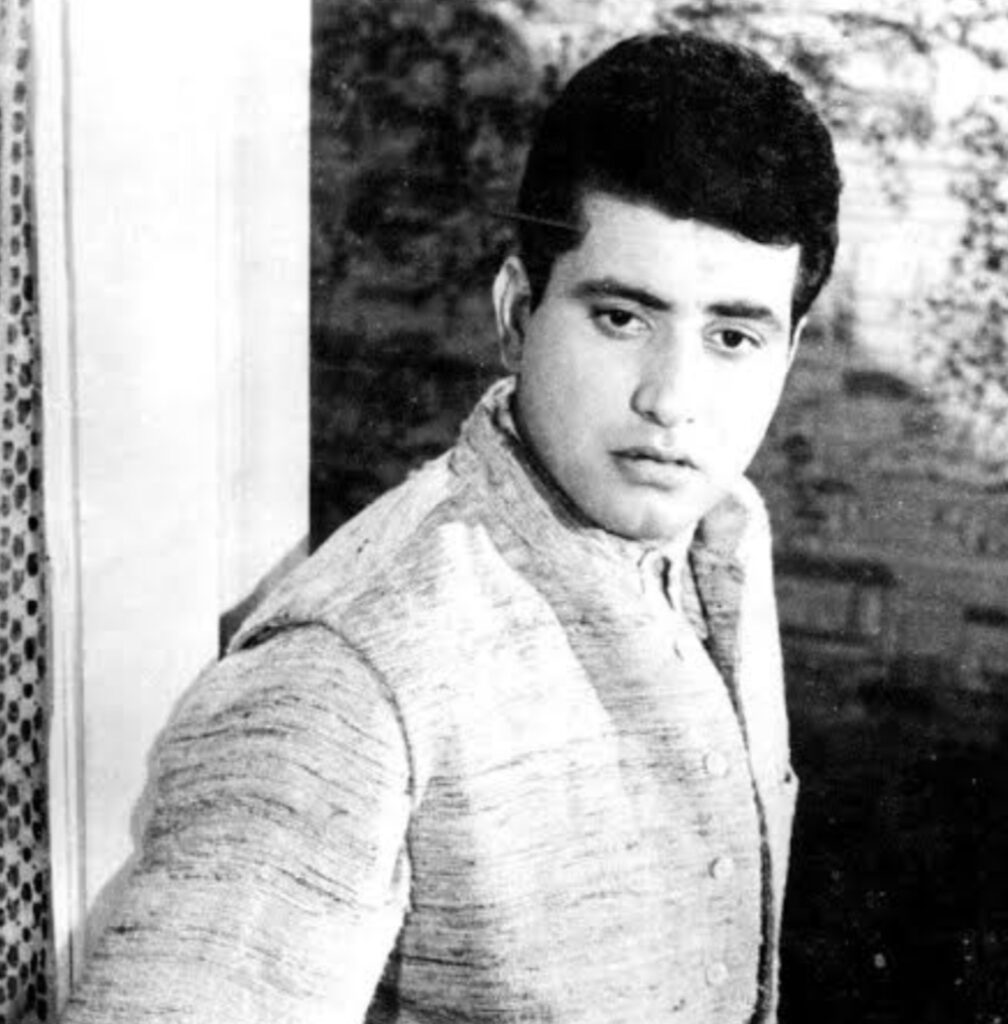
Renowned Indian actor, writer, and filmmaker Manoj Kumar, best known for his iconic patriotic films and affectionately called ‘Bharat Kumar’, passed away at the age of 87 at Kokilaben Dhirubhai Ambani Hospital.
A Glorious Cinematic Journey
Born as Harikishan Giri Goswami, Manoj Kumar adopted his screen name inspired by Dilip Kumar’s character in the film Shabnam (1949). He began his film career in the late 1950s and rose to fame with a string of successful films in the 1960s and 1970s. His breakout role came with Shaheed (1965), where he portrayed freedom fighter Bhagat Singh, which laid the foundation for his lifelong association with patriotic themes.
In 1967, his film Upkar—based on the slogan “Jai Jawan Jai Kisan”—became a massive hit and established him as a filmmaker with a nationalistic vision. He wrote, directed, and starred in the film, which earned him immense praise and a National Film Award. The film’s success marked the beginning of a series of patriotic hits like Purab Aur Paschim (1970), Roti Kapda Aur Makaan (1974), and Kranti (1981), which not only entertained but also evoked strong sentiments of patriotism and social awareness.
Manoj Kumar’s films often tackled themes of national pride, social justice, and the struggles of the common man. His unique ability to blend meaningful storytelling with mass appeal made him a prominent voice in Indian cinema. He was known for his signature style—covering the right side of his face with his hand—which became iconic over the years.
Accolades and Legacy
Throughout his illustrious career, Manoj Kumar received several awards and honors. He was awarded the Padma Shri by the Government of India in 1992 and the prestigious Dadasaheb Phalke Award in 2016 for his outstanding contribution to Indian cinema.
His legacy lives on through his films that continue to inspire and evoke a sense of national pride. Manoj Kumar was not just an actor or a director—he was a symbol of cinematic patriotism, and his impact on Indian cinema will forever be remembered.
Known as ‘Mr. Bharat’ to his fans, Manoj Kumar’s contributions went beyond the screen—he became a cultural icon representing the spirit of India.
Patriotic Fervor and Powerful Dialogues
Manoj Kumar’s films were rich with patriotic fervor and powerful dialogues that left a lasting impact on Indian audiences. Many of his lines became symbolic of nationalism, social consciousness, and emotional strength. Here are some of the most memorable and culturally influential quotes from his films:
1. “Jis desh mein Ganga behti hai, us desh ke baalon ko kya dar hai maut se?”
Film: Purab Aur Paschim (1970)
This line evokes pride in Indian culture and heritage, emphasizing the strength and fearlessness of the country’s youth.
2. “Main ek Hindustani hoon, aur Hindustani apne desh ka kabhi nuksaan nahi kar sakta.”
Film: Purab Aur Paschim
A defining line from the film that resonated with the patriotic soul of India.
3. “Mere desh ki dharti sona ugle, ugle heere moti.”
Film: Upkar (1967)
While technically a song lyric, this line became an unofficial anthem of Indian patriotism. Written by lyricist Gulshan Bawra and sung by Mahendra Kapoor, its emotional depth and Manoj Kumar’s direction immortalized it.
4. “Roti, kapda aur makaan – insaan ki sabse badi zarurat hai.”
Film: Roti Kapda Aur Makaan (1974)
This iconic line highlighted the basic needs of common people, making the film a socially relevant milestone in Indian cinema.
5. “Kranti veer banati hai, krantikari nahi.”
Film: Kranti (1981)
This powerful statement underlines the transformative nature of revolution and its role in shaping heroes.
Several of Manoj Kumar’s iconic dialogues—especially from films like Upkar, Purab Aur Paschim, and Roti Kapda Aur Makaan—have transcended cinema and found their way into public discourse, speeches, and cultural events. While not always quoted word-for-word in official political speeches, they have frequently been referenced, echoed, or adapted in various contexts:
1. “Mere desh ki dharti sona ugle…”
- Cultural Impact: This line, from the song in Upkar, became a patriotic anthem. It was—and still is—played during Independence Day and Republic Day celebrations in schools, government programs, and military events.
- Public References: Many leaders and dignitaries have referred to this phrase to evoke national pride. Even Prime Ministers like Atal Bihari Vajpayee and Narendra Modi have alluded to it in the context of India’s agricultural richness and patriotic spirit.
2. “Roti, kapda aur makaan – insaan ki sabse badi zarurat hai.”
- Political Influence: This phrase became so culturally relevant that it turned into a campaign slogan during elections in the 1970s and 1980s. It reflected the basic needs of the common man and was frequently cited in speeches about poverty, social justice, and economic reforms.
3. “Main ek Hindustani hoon…”
- Symbolic Usage: While not officially quoted, the line has been echoed in debates and speeches emphasizing national integrity and unity, especially in the context of Indian diaspora and cultural identity.
4. Manoj Kumar’s Persona – ‘Bharat’ Itself
His screen persona of ‘Bharat’ (especially in Purab Aur Paschim) became such a strong symbol of patriotism that it influenced not just political thought but also cultural representation. Even leaders like Lal Krishna Advani praised Manoj Kumar for “bringing patriotism into living rooms.”
In short, while some of his dialogues weren’t directly quoted verbatim in official speeches, their spirit and wording deeply influenced public language, especially around national pride, social justice, and Indian values. His work essentially helped shape the cinematic language of patriotism in India.

